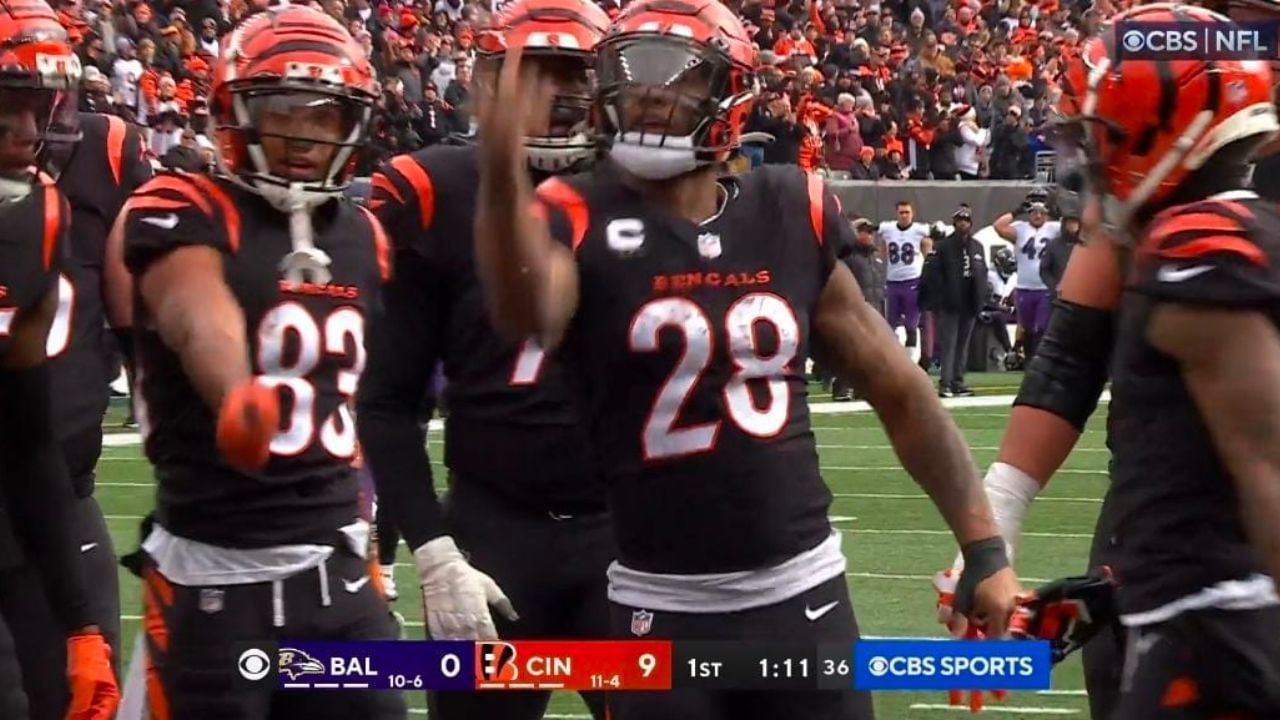Although it is hard for me to understand, it seems that fishing is not for everyone.
And, I apologize. My fishing stories can go on and on. I love fishing, not for the sport so much, but for the respect I have for the cunning and spunk of the fish, for my feelings with which I can get in touch, for the ability to take charge of my life for a short time, for the closeness I can get with my inner self and with my God.
I sometimes eat the fish that I catch. A buttery trout out of the Falling Spring is a treat that I just can’t resist. But for the most part I catch and release.

I do everything possible to make catching easy on the fish. I use single hooks that are barbless. I carefully handle the fish so as not to disturb the slime which is what helps the fish to ward off infection. I make sure that the fish is resuscitated and rested before final release.
I learned this lesson from a native guide. I was fishing in a river not too far south of the Arctic Ocean. I had just landed a huge fish. She was beautiful, fat and healthy. There was but one problem. I had tired her out to exhaustion. My guide and I put her back into the water. We held her and massaged her gills by moving her back and forth. My guide and I took turns for what seemed like an eternity. Finally she gave a kick and took off only to resurface lying on her back.
It was then that my guide gave no thought to himself and climbed over the rocky shore into the cold water. He was able to stand, but waist deep, and continued to massage the fish while I watched helplessly. Eventually he climbed closer to shore, and I took the fish from his hands and continued to move her back and forth while he pulled himself back onto the bank. Eventually the fish was stabilized and swam away.
The guide took off his clothes down to his skivvies and laid them out to dry in the sunshine. He then put on his guide coat and soon stopped shivering.
I thought he was nuts. After all, there are so many large fish in this river that one dead fish more or less would have made no difference, especially when the guide had to become so uncomfortable to save this one fish. Besides, a bear would have likely eaten the dead fish anyway.
When I asked, the guide told me that in his native tradition, when a fish dies that you could have saved, a little piece of you dies as well.
Today, when I inadvertently kill a fish that I don’t intend to eat, I rerun the circumstances of how I caught the fish through my head to try to figure out what I could have done differently.
I now believe that having respect for the fish and all of nature cannot be separated from having respect for other people. In any relationship, it is important for both sides to honor one another.
For example, in business it is important to get sales. But it is equally important to honor the sales commitment and to deliver what is promised.
In many religions, including Judaism and Christianity, there is a concept called covenant. Here, a more powerful person and a less powerful person make an arrangement in which each person makes promises to the other. In medieval days, this played out when a king covenanted with his subjects, such that the king gave military protection while the subjects paid the king with grain and other food stocks.
Today, a financial institution loans money and the borrower promises to pay the money back within agreed upon terms.
Two people get married and promise to take care of one another.
In religion, people promise to be faithful to God while God promises to protect and love his people.
Sometimes things do not work out. Kings do not always remember the rules. The borrower loses his job. Two people find that they are not compatible. Nations lose their way. Covenants collapse.
In fishing there can be a larger covenant at play. A symbiotic relationship can exist among the fisherman, his God, the environment, the fish, and the world itself.
When I am fishing and see trash, paper cups, cigarettes or discarded wrappers from discarded fishing tackle and more, it seems to me that a covenant is broken, and I feel compelled to clean up the mess when possible to restore the environment and the peace of the area.
Trash from fast food stores seems to find its way into the Falling Spring that flows through my backyard. Those who deposit that trash in the water are disrespectful of the environment and are likely disrespectful of others as well.
Trash can also take the form of uncaring words, hateful statements, bullying, not standing up for those who need us most. This time in our political history is a horrific example.
I would not want to fish with a number of politicians who have a reputation for name-calling those who disagree with them. Some of these people would mangle fish, throw them back wounded into the waters to die. They already leave a trail of trash-talking behind them.
In fishing, it’s not about how many fish you can catch. It’s about how fishing puts you in touch with what is good in life. Those who practice politics as a dirty business, without remorse, care or concern, those who bully others or spoil the environment with their words and deeds, these people are simply not fishermen.
Somewhere swimming near the Arctic Ocean is a mighty fish that would not be alive if it were not for the unselfish actions of one person. That one fish has enriched my life.
Bill Gindlesperger is a central Pennsylvanian, Dickinson College graduate, Pennsylvania System Of Higher Education (PASSHE) Governor, Shippensburg University Trustee, and Chairman of eLynxx Solutions. The firm provides enterprise-level cloud-software for communicating, specifying, approving, procuring, producing, reporting and activities necessary to obtaining direct mail, packaging, promo, marketing and all other printing. He is a board member, campaign advisor, successful entrepreneur, published author and commentator. He can be reached at[email protected].















